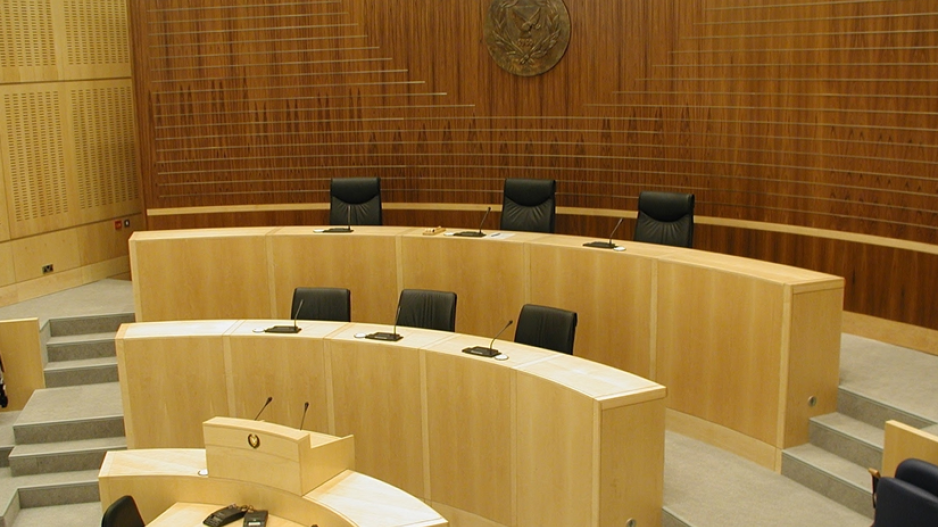Concerns Arise Over Economic Impacts and Readiness for Green Taxation Transition
Seeking to Address Environmental Challenges while Balancing Economic Impacts
The Parliamentary Committee on Energy, Commerce, Industry, and Tourism expressed concerns about the implementation of green taxation by early 2024, to ensure Cyprus meets its commitments stemming from the green transition and the Recovery and Resilience Plan. The Ministry of Finance is collaborating with the relevant government departments to draft the necessary legislation.
Nagia Symeonidou, the Senior VAT Officer from the Ministry of Finance, mentioned that the green tax aims to address issues related to waste management, water resources, and climate change. She highlighted that Cyprus ranks among the top three EU members with the highest greenhouse gas emissions, reaching 11.6%, while the EU average is around 8%. A study is underway to design and implement the green tax reform, which is also a milestone in the Recovery and Resilience Plan.
She further indicated that consultations have already taken place between government entities and the private sector. Proposals have already outlined the main effects of this reform. If executed based on these recommendations, the reform is expected to contribute to a 12% reduction in pollutants.
Moreover, 49% of pollutants originate from the transportation sector. The impending tax will target carbon emissions, waste management, and the handling of water resources.
Ms. Symeonidou clarified that the aim of the green tax reform is to change citizens' environmental habits and not to impose additional burdens. The roll-out will be gradual, from 2023 to 2030. Compensatory measures will be designed based on a study from the University of Cyprus to ensure neutrality of the green tax, especially for groups affected by these charges.
She emphasized that, as per milestones in the Recovery and Resilience Plan, the green tax reform should be introduced by early 2024.

Kyriakos Hatzigiannis, the Chair of the Committee, was asked whether Cypriot citizens can endure another tax in the name of the green transition without seeing actual results towards achieving green transition goals. He expressed regret, noting that Cyprus lags significantly behind these goals, resulting in burdens on Cypriot taxpayers, either due to pollution or increased product prices stemming from energy costs.
DISI MP Averof Neophytou stated that for years, there should have been discussions about a distinct European policy for islands, encompassing green transition matters. He expressed the view that the green transition is "yet another tool used by the Northern countries to harness inflation." He further opined that Cyprus would never have reliable public transportation since its cities weren't designed to support public transit systems.
AKEL MP Kostas Kostas remarked that while citizens pay the highest electricity rates in the EU, exorbitant fuel prices, and €300 million annually on pollution, and while the cost of essential goods and loan interest rates are rising, the government chooses to impose this so-called green taxation. He called for the Finance Minister to come before the Committee to discuss this pressing issue.
DIKO MP Chrysostomos Pantelides, speaking to the Committee, highlighted that the introduction of the green tax didn't happen suddenly. It's been known for years that the European Union's green transition, an objective, would come at a significant cost. He emphasized that the public needs to be informed about the upcoming expenses.
EDEK MP Ilias Myrianthous pointed out that the taxpayer's shoulders can't bear additional taxes. He believes that a broader tax reform is needed, ensuring that citizens face no additional burden from the transition to green taxation.
The Greens MP Stavros Papadouris, speaking to the Committee, commented that past governments failed to adequately address timelines related to environmental objectives, which resulted in passing the cost onto the citizens. He emphasized that currently, these costs are uncontrollable, and citizens are paying for the mistakes of various administrations.






